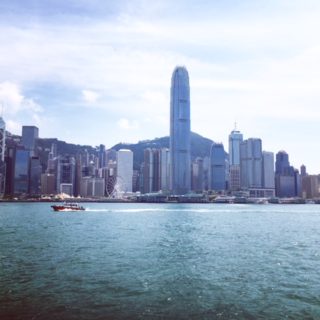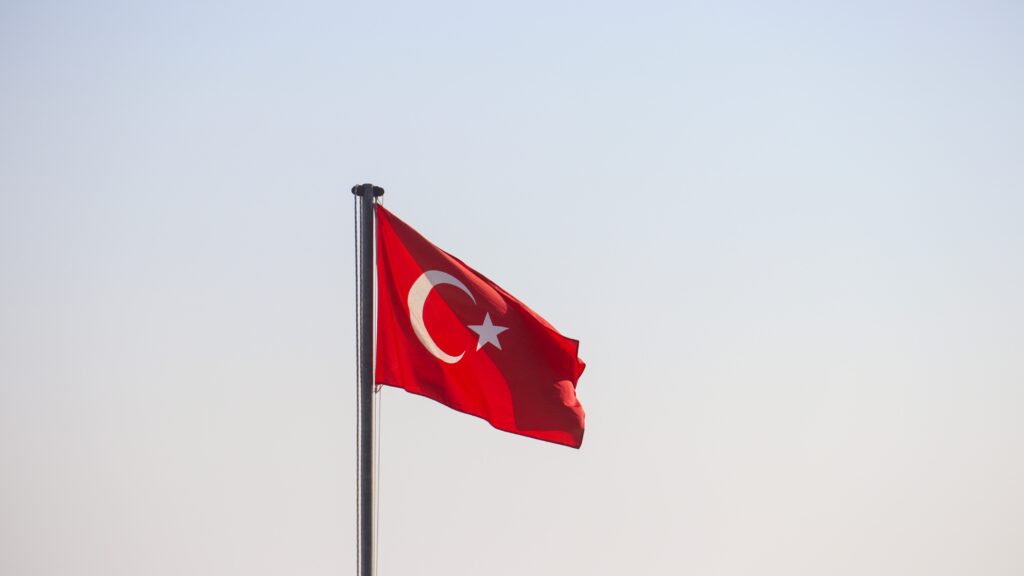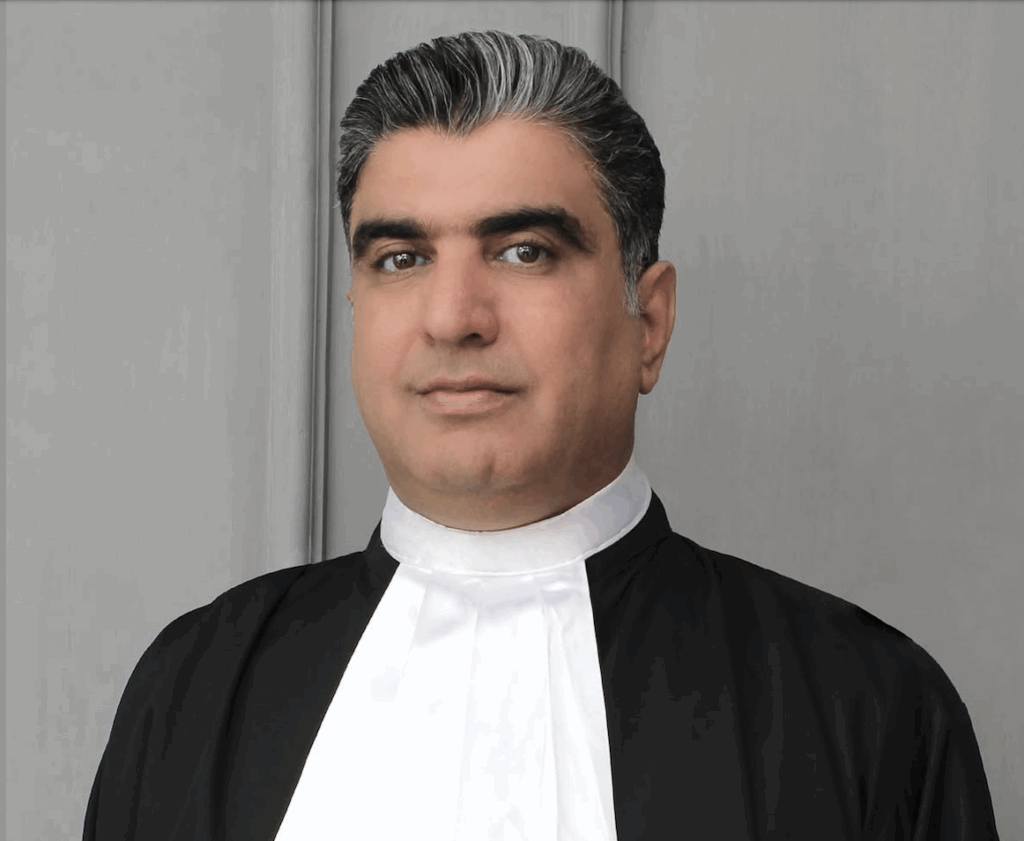By Su Chun Lin
At the invitation of Chinese Human Rights Lawyers Concern Group (CHRLCG), I attended on behalf of Lawyers for Lawyers the annual seminar of CHRLCG that took place on 19 and 20 May 2018 in Hong Kong. Subject of the seminar was the quickly deteriorating situation of the human rights lawyers in China. This is the direct result of, amongst other things, two Ministerial regulations that supervise the lawyers and the law firms in China since 1 November 2016.
To practise law, lawyers in China need to have a license. This license must be renewed annually. The two regulations, one for individual lawyers, one for law firms, contain stricter rules for obtaining and renewing licenses to practise.
One of the regulations for example stipulates that lawyers are prohibited from expressing online or offline opinions that may “endanger national security” or “incite people’s irritation against the Chinese Communist Party”. They must also refrain from expressing opinions or “distorting the facts” that could lead to people to “disturb the public order”. Lawyers are also not allowed to demonstrate or participate in any petitions or showing any support to such demonstrations or petitions or “shout slogans” to “maliciously hyping a case” that could cause insult to others.
Besides the fact that these provisions are not in line with human rights standards, the prohibitions are vague and broadly formulated. Due to this, practically all activities of human rights lawyers working on sensitive cases could be seen as a violation of these prohibitions, with the result that the license of these lawyers will not be renewed. The Chinese authorities also put pressure on the law firms where the lawyers concerned work by threating that the firm itself may not pass the annual review should the firm not discharge the lawyers concerned. This means that human rights lawyers not only run the risk to lose their license, but also their job and their income.
With the two regulations the Chinese authorities kill two birds with one stone. Not only do they now have a tight grip on critical human rights lawyers and effective means to silence them. The Ministerial regulations have also not yet caught much international attention. The non-renewal of a license speaks less to the imagination than an arrest or the torture of a human rights lawyer. With no international attention or pressure the Chinese authorities could easily carry on silencing human rights lawyers whom the regime finds problematic.
The voices of the Chinese human rights lawyers have been silenced in a slow refined way by the Chinese authorities. The loss of the license of a lawyer intervenes deeply in the personal life of the human rights lawyer and his or her family. In addition, human rights lawyers are no longer able to defend the interests of their clients. Causing for the direct effect that violations of the basic human rights in China can no longer be challenged by them.



